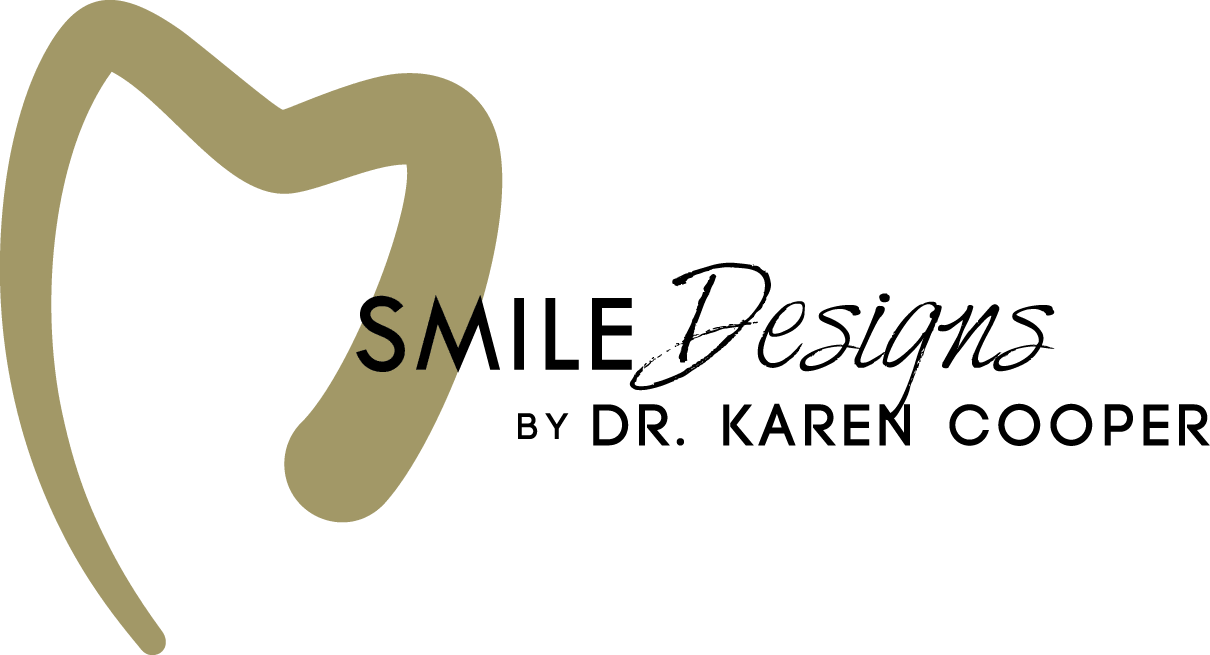
Are you experiencing pain, discomfort, or dysfunction in your jaw? It could be a sign of TMJ nerve damage.
Temporomandibular Joint (TMJ) disorders can cause various symptoms, including nerve-related issues.
This article will explore the common symptoms of TMJ nerve damage, the possible causes, how it is diagnosed, and the available treatment options.
Understanding TMJ and its function
The temporomandibular joint is a complex joint that works in coordination with muscles, ligaments, and bones to facilitate jaw movements.
It allows for the smooth movement of the lower jaw and enables you to perform daily activities like eating, speaking, and yawning.
Any issues with the TMJ can disrupt its normal function, potentially leading to nerve damage.
Causes of TMJ nerve damage
Several factors can contribute to TMJ nerve damage.
Some common causes include:
- Trauma: A direct blow to the jaw or a whiplash injury can damage the TMJ nerve.
- Dental problems: Misaligned teeth, bruxism (teeth grinding), or excessive jaw clenching can stress the TMJ and surrounding nerves.
- Arthritis: Rheumatoid arthritis or osteoarthritis can affect the TMJ, leading to nerve damage.
- Infections: In rare cases, infections in the jaw joint can cause nerve inflammation and damage.
Common symptoms of TMJ nerve damage
TMJ nerve damage can manifest through various symptoms. The severity and combination of symptoms are different from person to person.
Here are some common signs to watch for:
- Persistent pain and discomfort: Individuals with TMJ nerve damage may experience constant pain and discomfort in and around the jaw joint. The pain can be dull, throbbing, or sharp and may extend to the ears, temples, or neck.
- Limited jaw movement: TMJ nerve damage can restrict the normal movement of the jaw. You may find opening your mouth wide or moving your jaw from side to side challenging.
- Clicking or popping sounds: Clicking, popping, or grating sounds in the jaw joint during movement can indicate TMJ nerve damage. These sounds may be accompanied by pain or a sensation of the jaw getting locked.
- Facial muscle spasms: Nerve damage in the TMJ region can cause facial muscle spasms, resulting in involuntary movements or twitching of the facial muscles.
- Ear pain and ringing: TMJ nerve damage may lead to ear-related symptoms such as earaches, ringing in the ears (tinnitus), or a feeling of fullness.
- Headaches and migraines: Chronic headaches or migraines originating from the temples or around the jaw joint can be a sign of TMJ nerve damage.
- Neck and shoulder pain: Nerve damage in the TMJ area can radiate pain to the neck and shoulders, causing discomfort and stiffness in these regions.
Diagnosing TMJ nerve damage
Your dental expert will conduct a comprehensive evaluation to diagnose TMJ nerve damage.
This may include:
- Reviewing your medical history and symptoms
- Performing a physical examination of your jaw, face, and neck
- Ordering imaging tests like X-rays, CT scans, or MRIs to assess the TMJ and surrounding structures
- Referring you to a specialist, such as an oral and maxillofacial surgeon or a neurologist, for further evaluation if needed
Treatment options for TMJ nerve damage
The treatment approach for TMJ nerve damage depends on the underlying cause and the severity of the symptoms.
Some standard treatment options include:
- Medications: Over-the-counter pain relievers or muscle relaxants can help alleviate pain and reduce muscle tension.
- Oral splints or mouthguards: They help realign the jaw and relieve nerve pressure, reducing TMJ-related symptoms.
- Physical therapy: Targeted exercises and techniques can strengthen the jaw muscles and improve joint mobility.
- Lifestyle changes: Avoiding hard or chewy foods, practicing stress management techniques, and adopting a soft diet can help minimize TMJ symptoms.
- Surgical intervention: In severe cases where conservative measures fail, surgical procedures like arthrocentesis, arthroscopy, or joint replacement may be recommended.
Lifestyle changes and self-care tips
In addition to medical interventions, specific lifestyle changes and self-care practices can contribute to managing TMJ nerve damage:
- Applying moist heat or cold packs to the affected area reduces pain and inflammation.
- Practicing relaxation techniques such as deep breathing, meditation, or yoga alleviates stress and tension.
- Avoiding excessive jaw movements, such as chewing gum or biting nails.
- Maintaining good posture and avoiding positions that strain the neck and jaw muscles.
FAQs
Can TMJ nerve damage heal on its own?
Mild TMJ nerve damage may sometimes resolve independently with conservative measures. However, consulting a healthcare professional for an accurate diagnosis and appropriate treatment guidance is advised.
Can stress worsen TMJ nerve damage symptoms?
Yes, stress and anxiety can contribute to TMJ-related symptoms. Managing stress through relaxation techniques and stress-reducing activities can help alleviate symptoms.
Are there any home remedies for TMJ nerve damage?
While home remedies may provide temporary relief, consulting a healthcare professional for a comprehensive evaluation and personalized treatment plan is essential.
Can TMJ nerve damage affect both sides of the face?
Yes, TMJ nerve damage can affect one or both sides of the face, depending on the underlying cause and extent of the condition.
Is TMJ nerve damage a permanent condition?
With appropriate treatment and management, many individuals experience significant improvement in their TMJ-related symptoms. However, the duration of recovery may vary for each individual.
Conclusion
TMJ nerve damage can cause many distressing symptoms that affect your daily life.
For optimal health, pay attention to the signs and seek appropriate medical attention.
A comprehensive evaluation by a healthcare professional can help determine the underlying cause of your TMJ-related symptoms and guide you toward effective treatment options.
By adopting a multi-faceted approach that includes medical interventions, lifestyle modifications, and self-care practices, you can find relief and improve your overall well-being.
- Call us at: 912-920-6202
- Email us at: info@savannahsmiledesigns.com
Smile Designs by Dr. Karen Cooper is located in Savannah, GA, and we happily welcome folks from neighboring areas.
